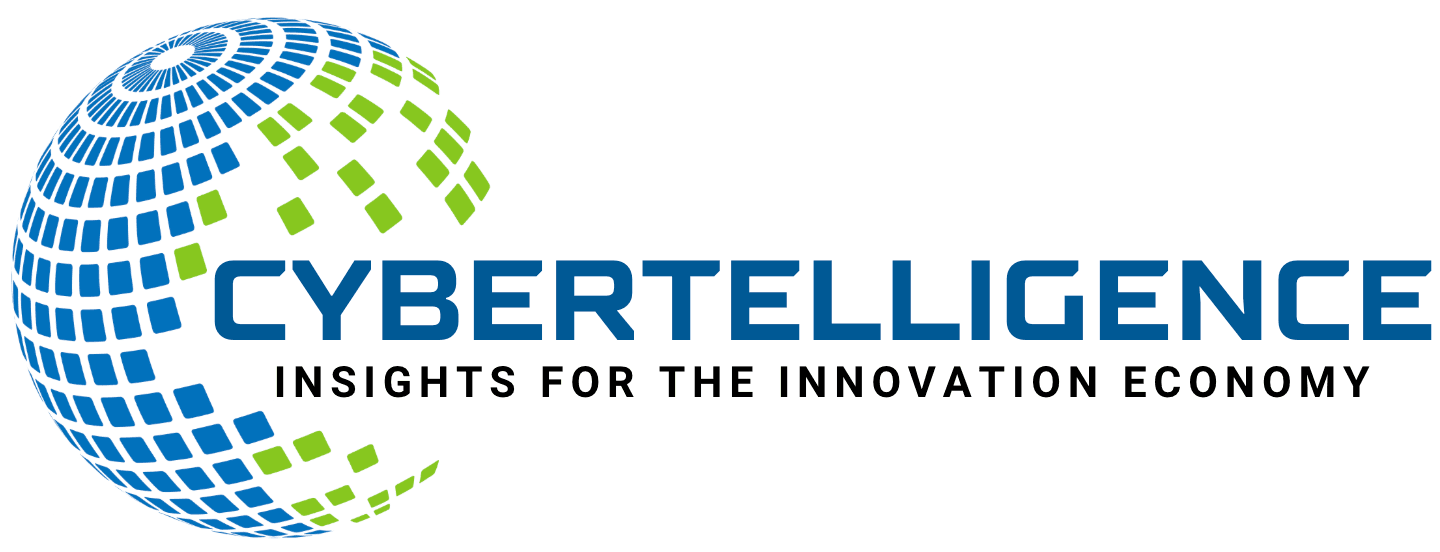Artificial Intelligence (AI) has revolutionized the way we work and has become an integral part of modern productivity tools. AI tools are designed to automate repetitive tasks, analyze data, and improve decision-making processes. These tools can help individuals and organizations increase efficiency, save time, and streamline workflows. From organization and time management to communication and collaboration, AI tools offer a wide range of capabilities that can enhance productivity in various aspects of work.
AI tools are powered by machine learning algorithms that enable them to learn from data, recognize patterns, and make predictions. These tools can process large volumes of information at a speed that is impossible for humans to achieve. As a result, they can provide valuable insights and recommendations that can help users make informed decisions. With the increasing demand for productivity and efficiency in the workplace, AI tools have become essential for staying competitive in today’s fast-paced business environment.
Organization and Time Management with AI
One of the key benefits of AI tools is their ability to help individuals and organizations better organize their tasks and manage their time effectively. AI-powered personal assistants, such as Siri, Alexa, and Google Assistant, can schedule appointments, set reminders, and provide real-time updates on tasks and deadlines. These tools can also analyze user behavior and preferences to offer personalized recommendations for optimizing productivity.
In addition to personal assistants, AI tools like calendar apps and task management platforms use machine learning algorithms to prioritize tasks, schedule meetings, and allocate time for different activities. These tools can also analyze historical data to identify patterns and trends in user behavior, which can help individuals and teams make more informed decisions about how to allocate their time and resources. By leveraging AI for organization and time management, individuals and organizations can optimize their workflows and achieve greater productivity.
AI Tools for Communication and Collaboration
AI tools have also transformed the way we communicate and collaborate with others in the workplace. Chatbots, for example, can automate customer support inquiries, answer frequently asked questions, and provide personalized recommendations based on user interactions. These tools can help businesses improve customer satisfaction, reduce response times, and free up human agents to focus on more complex tasks.
Furthermore, AI-powered language translation tools can break down language barriers and facilitate communication between individuals who speak different languages. These tools can translate text, speech, and even visual content in real time, enabling seamless communication across diverse teams and global audiences. Additionally, AI tools for collaboration, such as project management platforms and virtual meeting assistants, can streamline teamwork by automating administrative tasks, facilitating document sharing, and providing real-time insights on project progress.
Data Analysis and Visualization with AI
AI tools are also invaluable for data analysis and visualization, as they can process large volumes of data at a speed that is impossible for humans to achieve. Machine learning algorithms can identify patterns, trends, and correlations in data sets, enabling users to gain valuable insights into their business operations, customer behavior, and market trends. These insights can inform strategic decision-making and help businesses stay ahead of the competition.
Furthermore, AI-powered data visualization tools can transform complex data sets into interactive charts, graphs, and dashboards that are easy to understand and interpret. These visualizations can help users identify trends, outliers, and anomalies in their data, enabling them to make more informed decisions about their business strategies. By leveraging AI for data analysis and visualization, businesses can unlock the full potential of their data and gain a competitive edge in their respective industries.
AI Tools for Content Creation and Marketing
AI tools have also revolutionized content creation and marketing by automating repetitive tasks, personalizing content for target audiences, and optimizing marketing campaigns for better performance. For example, AI-powered content generation tools can create written articles, social media posts, and marketing copy based on user input or predefined parameters. These tools can save time and resources for content creators while ensuring consistency and quality in the content they produce.
In addition to content creation, AI tools for marketing can analyze customer data to personalize marketing messages, recommend products or services based on user preferences, and optimize advertising campaigns for better results. These tools can also provide insights into customer behavior, market trends, and competitive landscapes that can inform marketing strategies and improve campaign performance. By leveraging AI for content creation and marketing, businesses can reach their target audiences more effectively and drive better results from their marketing efforts.
Automation and Task Management with AI
Automation is a key feature of AI tools that can help individuals and organizations streamline their workflows and reduce manual effort. AI-powered automation tools can handle repetitive tasks such as data entry, document processing, and email management, freeing up time for users to focus on more strategic activities. These tools can also learn from user behavior to automate routine tasks based on predefined rules or user preferences.
Furthermore, AI-powered task management platforms can optimize task allocation, prioritize activities, and provide real-time updates on task progress. These platforms can also analyze historical data to identify patterns in user behavior that can inform task prioritization and resource allocation. By leveraging AI for automation and task management, individuals and organizations can optimize their workflows, reduce manual effort, and achieve greater productivity.
Conclusion and Recommendations for Using AI Tools
In conclusion, AI tools have become essential for enhancing productivity in various aspects of work, from organization and time management to communication and collaboration. By leveraging AI for data analysis and visualization, content creation and marketing, as well as automation and task management, individuals and organizations can optimize their workflows, make more informed decisions, and achieve greater efficiency in their work.
To make the most of AI tools for productivity, it is important for individuals and organizations to invest in training and education to ensure that users are equipped with the skills and knowledge needed to leverage these tools effectively. Additionally, it is important to prioritize data privacy and security when using AI tools to ensure that sensitive information is protected from unauthorized access or misuse.
Overall, AI tools have the potential to revolutionize the way we work by automating repetitive tasks, analyzing data for valuable insights, and optimizing workflows for greater efficiency. By embracing these tools and integrating them into our daily work routines, we can unlock the full potential of AI for productivity and achieve better results in our professional endeavors.




